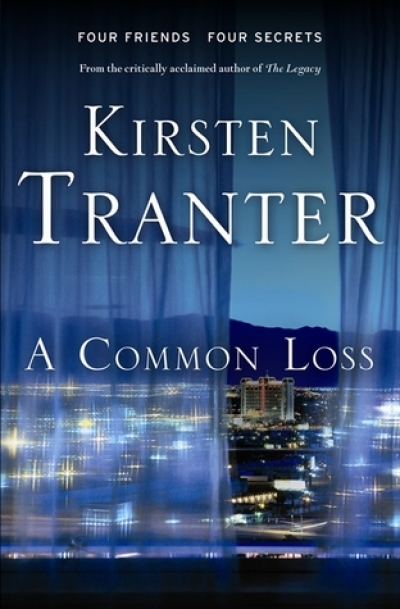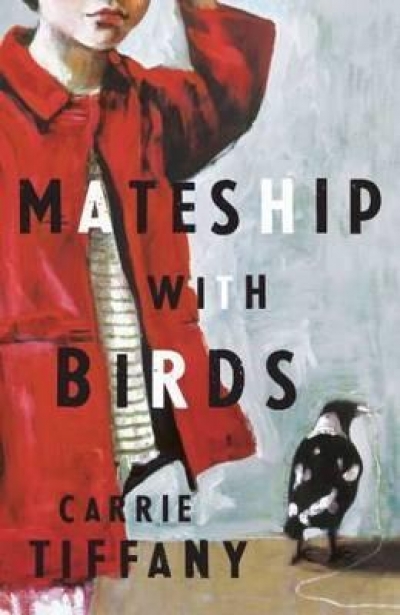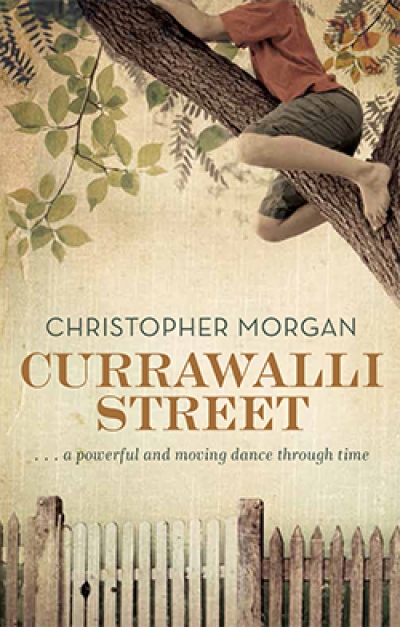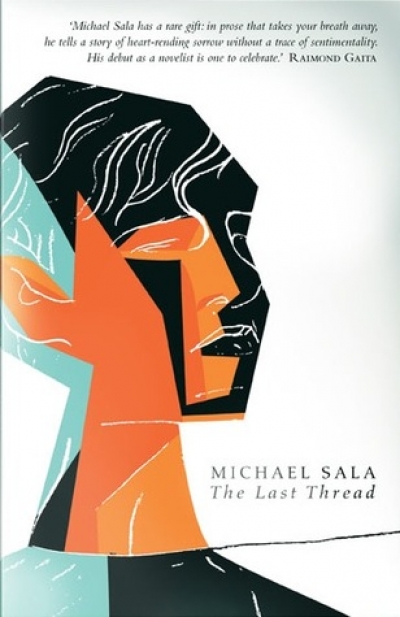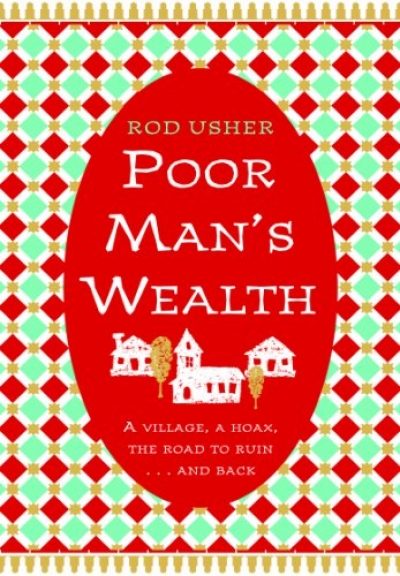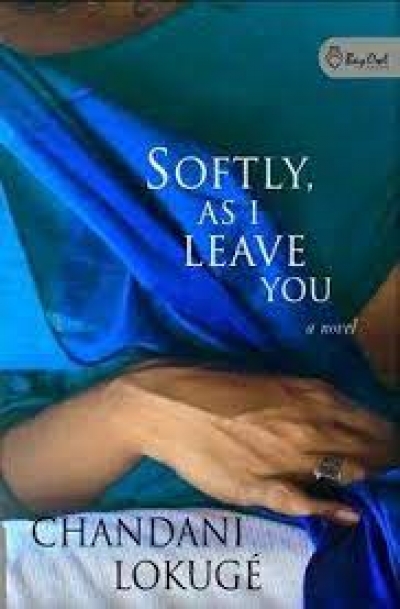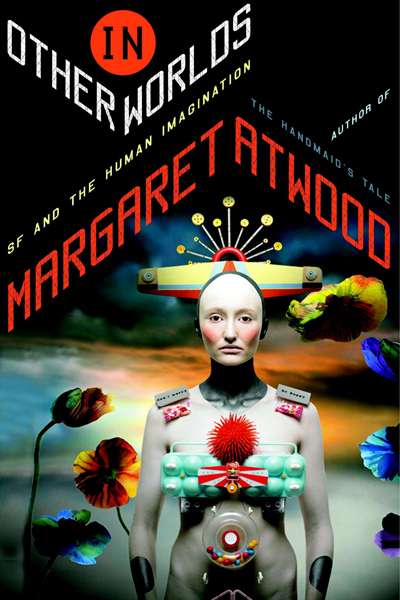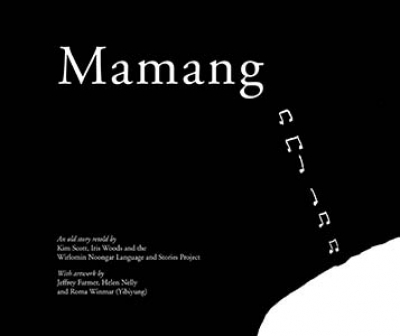Fiction
It begins with a car accident. Five friends are returning to college after a night of drinking. The driver, Cameron, hits a deer and overturns the vehicle. When the police and ambulance arrive, Dylan, who has drunk the least, claims to have been at the wheel. The others – Elliot, who narrates the story, Tallis, Brian, and especially Cameron – let him assume responsibility. It is, more or less, what Dylan does, what his role in the group is: a mediator, a defuser of tension, a solver of problems. Ten years later, shortly after he is killed in a traffic accident, the details of that night, and other similar instances of Dylan’s particular kind of timely assistance, will resurface as the four gather for their annual reunion in Las Vegas.
... (read more)Everyman’s Rules for Scientific Living was always going to be a tough book to follow. Carrie Tiffany’s début novel, published in 2005, was shortlisted for various major prizes, including the Miles Franklin Literary Award and the Orange Prize. It also won the Western Australian Premier’s Book Award in 2005 and the Dobbie Literary Award in 2007. Everyman’s Rules tells the story of a sewing instructor and a soil scientist who meet aboard the ‘Better Farming Train’ as it passes through the Victorian countryside, and who settle in the impoverished Mallee farmland.
... (read more)Currawalli Street is Christopher Morgan’s second novel for adults. Set in a suburb north of Melbourne, the novel is divided into two parts. It follows the lives of the street’s residents on the brink of World War I, then skips to 1972, when one of the grandsons of the original residents returns from the Vietnam War.
... (read more)In writing Bite Your Tongue, Francesca Rendle-Short, who is director of Creative Writing at RMIT University, has chosen a thorny tale. She dedicates the book to her mother, Angel, who is clearly a formidable personality: Northern Irish; medical doctor; mother of six daughters; Christian activist; ‘book burner’. Early on, we are told that ‘some stories are hard to tell, they bite ...
Memoir, it seems, is proliferating ever more furiously in Australia, filling bookshelves and review pages like bacteria in still water. We are insatiable in our appetite to read and write memoir, to feel the ‘real’. As a memoirist myself, I am all too aware of my hypocrisy in feeling uneasy about this rage for introspection. But memoir is most successful when it portrays an extraordinary individual; or gives witness to an important experience (accounts of Holocaust survivors, say); or when the personal resonates with the universal, and one person’s experience becomes a prism for that of many. A memoir that hesitates to claim such reader-oriented ratifications risks being a tedious assembly of anecdotes, a public catharsis, or mere narcissism.
... (read more)Small towns, as anyone who has lived in one can attest, abound in colourful characters. Or is it just that people’s peccadilloes are magnified without the distractions of the madding crowd? Rod Usher knows a thing or two about small towns; he happens to live in one: the village of Barcarrota in Extremadura, Spain. After a long career in journalism – including stints as literary editor of The Age, chief subeditor of The Sunday Times in London, and as a senior writer for TIME magazine in Europe – he opted for the quiet life to concentrate on his literary career. He has published two books of poetry, Above Water (1985) and Smiling Treason (1992), two previous novels, A Man of Marbles (1989) and Florid States (1990), and some non-fiction. Echoes of that work resound in the new book … but more of that later.
... (read more)A treacherous beauty pervades Chandani Lokugé’s third novel, a tragic story of loss and squandered love. Chris Foscari, owner of a rarefied specialist bookshop in Melbourne and son of an Italian father and an Australian mother, is married to the outrageously beautiful Sri Lankan Uma, whom he met when she was studying in Melbourne. They have a teenage son, Arjuna, who is also blessed with unusual grace, at least in his mother’s eyes:
... (read more)Peter Corris’s Comeback, the thirty-ninth or some such book in his Cliff Hardy series, is yet another to be plucked from the apparently bottomless ocean that is the crime fiction genre. Ageing private detective Hardy – as adept with his fists as he is tactful with the ladies – skulks around a Sydney crammed with scabrous cops, fat-cat entrepreneurs, hired muscle, slinky prostitutes, and myriad other shady types. Misogyny at times bubbles uncomfortably close to the surface, there is no ailment physical or emotional that cannot be alleviated by alcohol, and the outcome conceals an Ian McEwan-ish twist so inevitable that it ultimately manifests as anything but.
... (read more)In Other Worlds: SF and the Human Imagination by Margaret Atwood
As contemporary author fan bases go, Margaret Atwood’s must be among the broadest. She is read at crèches, on university campuses, and in nursing homes. Feminists, birders, and would-be writers jostle to see her perform at literary festivals. Yet despite an Arthur C. Clarke Award and, in her own words ...
... (read more)Mamang by Kim Scott, Iris Woods, and the Wirlomin Noongar Language and Stories Project & Noongar Mambara Bakitj by Kim Scott, Lomas Roberts and the Wirlomin Noongar Language and Stories Project
Mamang and Noongar Mambara Bakitj are retellings of traditional Noongar narratives by the Miles Franklin Award-winning author Kim Scott, in collaboration with a team of others. The books are part of a broader Wirlomin Noongar Language and Stories reclamation and revitalisation project currently under way in the south-western coastal region of Western Australia, an area roughly traversing Albany to Esperance. Like many other Australian languages today, Noongar is barely hanging on. These modest diglot books, charmingly illustrated by Noongar people in simple, unaffected, and direct style, therefore represent a timely intervention into the continuing post-colonial destruction of this critically (and globally) endangered language.
... (read more)

